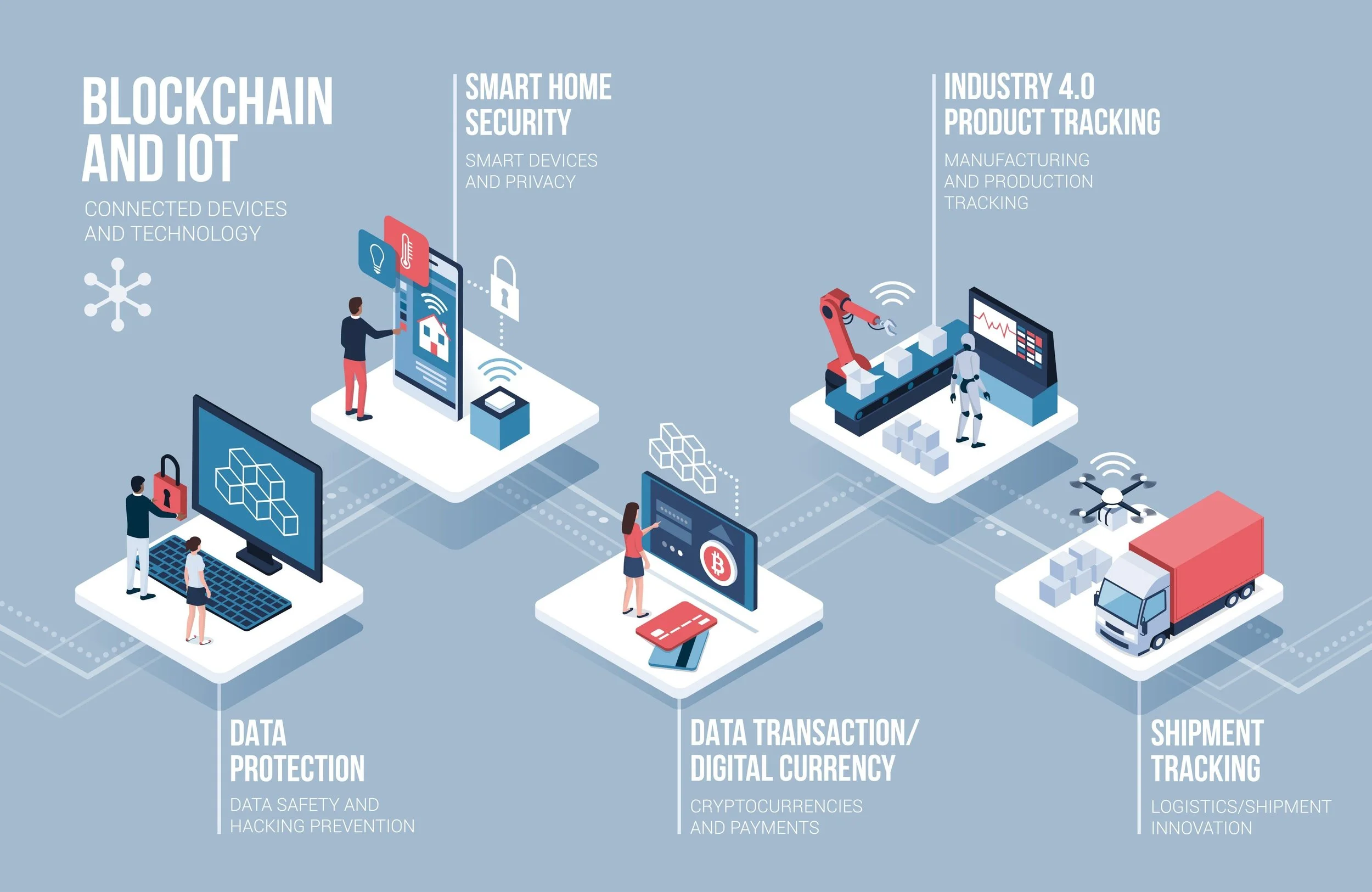The Data Conundrum for Distribution System Operators
Distribution System Operators face a multifaceted data challenge. The increasing penetration of distributed energy resources (DERs) like solar panels and electric vehicles, coupled with the ongoing digitalization of the grid, generates vast amounts of data. Managing this data effectively is crucial for maintaining grid stability, optimizing energy flow, and facilitating market transactions.
However, several hurdles persist:
Fragmented Data Silos: Data is often scattered across various stakeholders – utilities, prosumers, aggregators, and third-party service providers – leading to inefficiencies and a lack of a holistic view of grid operations.
Data Security and Trust: Sharing sensitive operational and consumer data raises concerns about cybersecurity and privacy. Trust between different entities is paramount but often difficult to establish in a centralized system.
Interoperability and Standardization: A lack of common data formats and protocols hinders seamless data exchange and integration between disparate systems and devices. This makes it challenging to develop standardized applications and services.
Data Provenance and Immutability: Ensuring the authenticity and integrity of data, especially for critical grid operations and billing, is a significant challenge. Tampering with data can have severe consequences.
Blockchain as a Solution
Blockchain, with its inherent characteristics, offers compelling solutions to these data management issues for DSOs.
Decentralized and Secure Data Management
A blockchain-based system allows for a decentralized and distributed database where each participant maintains a copy of the ledger. This eliminates single points of failure and reduces the risk of data manipulation. Cryptographic principles secure each transaction or data entry, making it virtually immutable. Once data is recorded on the blockchain, it cannot be altered or deleted, ensuring data integrity and a clear audit trail.
For DSOs, this means:
Enhanced Data Security: Data is protected through advanced encryption, making it highly resistant to cyberattacks.
Improved Data Integrity: The immutability of the blockchain ensures that all recorded data, from meter readings to grid operational parameters, is trustworthy and verifiable.
Transparent and Efficient Data Sharing
Blockchain's shared ledger mechanism fosters transparency among authorized participants. Data can be accessed and viewed by all relevant parties in real-time, subject to defined access controls. This eliminates the need for intermediaries, streamlining data exchange and reducing administrative overhead.
Key benefits for DSOs include:
Real-time Visibility: DSOs gain immediate insights into DER generation, consumption patterns, and grid conditions from various sources.
Streamlined Data Exchange: Automated data sharing through smart contracts facilitate faster and more efficient transactions for energy trading, demand response, and peer-to-peer energy exchange.
Reduced Reconciliation Efforts: With a single, shared source of truth, discrepancies in data across different systems are significantly reduced, leading to less time spent on reconciliation.
Standardization and Interoperability through Smart Contracts
Smart contracts, self-executing contracts with the terms of the agreement directly written into code, play a crucial role in promoting data standardization and interoperability. They can automate data validation, processing, and sharing based on pre-defined rules and protocols.
How this benefits DSOs:
Automated Data Validation: Smart contracts enforce data formatting and quality standards at the point of entry, ensuring consistency across the network.
Interoperability Frameworks: By defining common data models and APIs within smart contracts, blockchain can enable seamless communication and data exchange between diverse hardware and software systems from different vendors. This pave the way for a more unified and interoperable energy ecosystem.
Standardized Market Operations: Smart contracts can automate market mechanisms for balancing services, grid services, and local energy markets, ensuring fair and transparent transactions based on agreed-upon standards.
Current Use Cases
Peer-to-Peer Energy Trading: Blockchain facilitate direct energy transactions between prosumers, enabling local energy markets and reducing reliance on traditional energy retailers.
Enhanced Grid Resilience: By providing immutable data on DER performance and grid status, DSOs are able to better manage distributed generation and respond more effectively to disruptions.
Automated Billing and Settlement: Smart contracts automate billing processes for energy consumption and grid services, improving accuracy and reducing administrative costs.
Carbon Footprint Tracking: The immutable nature of blockchain are used to accurately track and verify renewable energy certificates and carbon emissions, promoting greater environmental transparency.
As blockchain technology plays a pivotal role in transforming data management, sharing, and standardization for Distribution System Operators, paving the way for a more intelligent, resilient, and decentralized energy grid.

